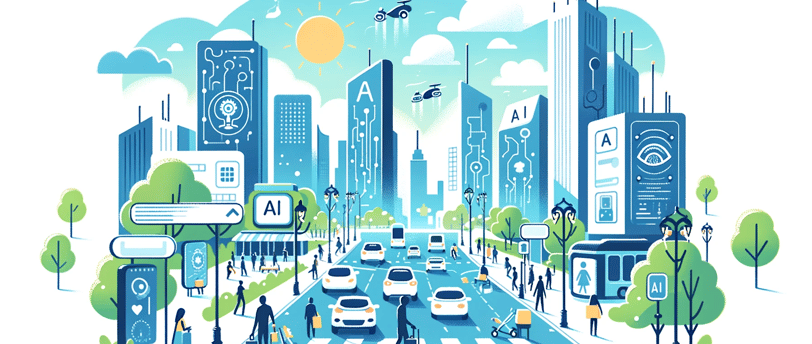AI Revolution: Shaping a Future of Inclusive Prosperity and Transformative Growth
The economic impact of AI, including job displacement and creation, economic growth, and productivity improvements.
The economic impact of artificial intelligence (AI) is a multifaceted and transformative force, reshaping the landscape of work, productivity, and economic growth. At the onset, AI's influence is most palpable in its dual role as a disruptor and a creator within the job market. On one hand, AI-driven automation poses a significant risk of job displacement, particularly in sectors reliant on routine, manual tasks. These industries face a paradigm shift, where machines increasingly perform roles once held by humans. However, this narrative of displacement is counterbalanced by AI's potential to create new job opportunities. These emerging roles, often requiring advanced technical skills and creative problem-solving, underscore a critical shift in the workforce's skill requirements. The advent of AI is not just a tale of jobs lost, but also of new careers forged in the wake of technological advancement.
AI technologies, with their unparalleled efficiency and analytical capabilities, offer substantial productivity improvements across various sectors. From healthcare, where AI-driven diagnostics can improve patient outcomes, to agriculture, where AI can optimize crop yields, the technology acts as a catalyst for efficiency and innovation. This surge in productivity is not only a boon for individual businesses but also fuels broader economic growth. Economies that embrace AI are poised to see significant increases in their GDP, as the technology drives innovation, reduces operational costs, and creates new markets. However, the crucial factor in this growth narrative is inclusivity. The true measure of AI's success lies in its ability to distribute these economic benefits across the entire societal spectrum, not just within tech-savvy or financially privileged communities.
The conclusion of this narrative is not yet written, but its direction is clear: for AI's economic impact to be universally beneficial, concerted efforts are needed from policymakers, educators, and industry leaders. Policies must be designed to ensure that the workforce is equipped with the skills needed in an AI-driven economy. Educational systems need to adapt, providing training in AI literacy and related fields. Finally, businesses must commit to ethical AI deployment, ensuring that technology is used to augment human capabilities, not replace them. The goal is an AI-empowered future where technology acts as a lever, lifting the entire society towards greater prosperity and shared economic success. Only then can we claim that the AI revolution has truly succeeded in being a boon for all.


